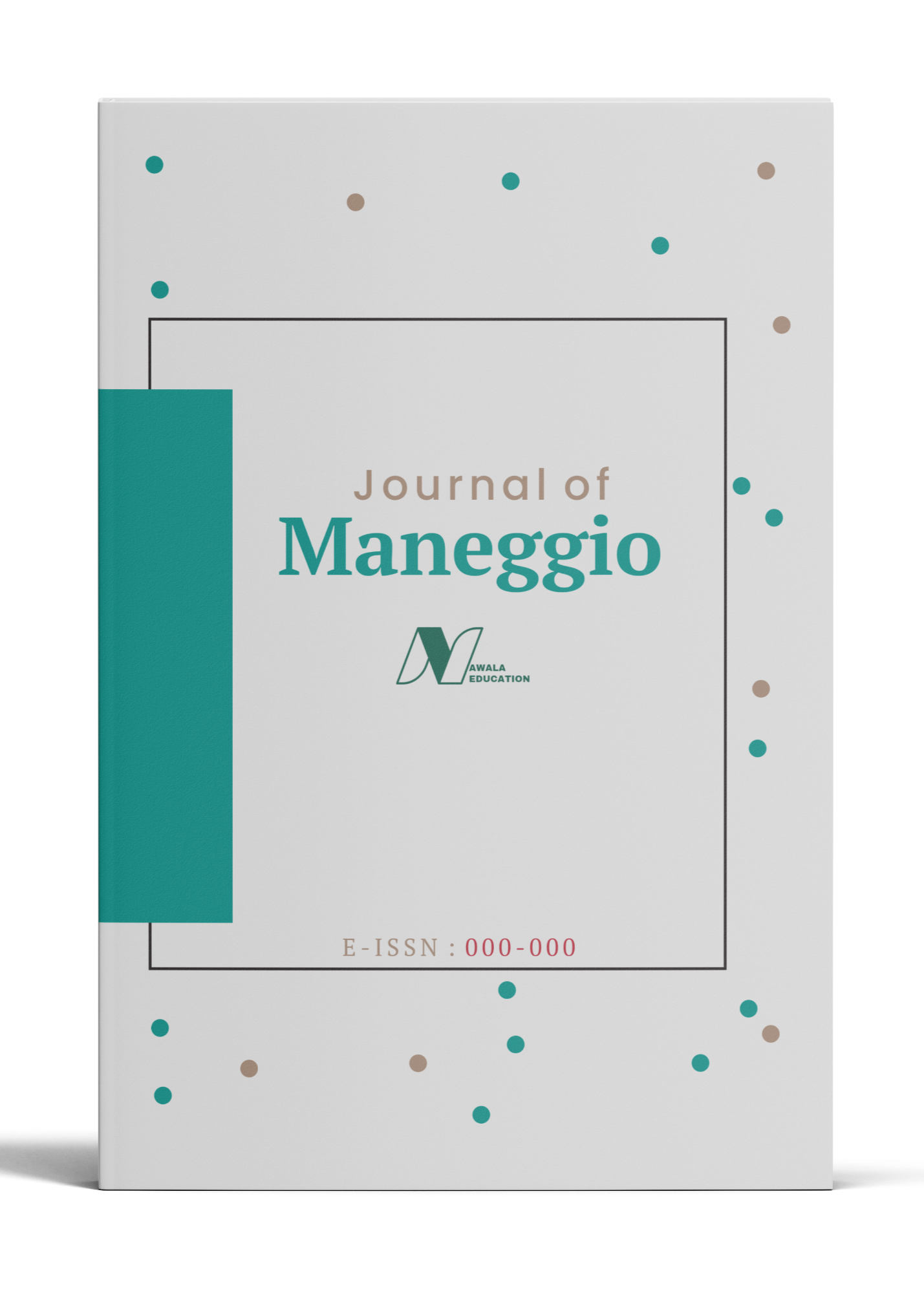SWOT Analysis in Smart City Project Management: Adaptation Strategy to the Industrial Revolution 5.0
DOI:
https://doi.org/10.62872/wveqfe81Keywords:
Adaptive-SWOT Analysis, Industrial-Revolution 5.0, Smart-CityAbstract
The Industrial Revolution 5.0 brings a paradigm shift towards harmonious collaboration between humans and intelligent machines, demanding a human-centric approach in Smart City development. Smart City projects in this era must be adaptive, not only integrating technologies such as IoT and AI, but also considering social dynamics, culture, and digital ethics. Key challenges include the digital divide, social resistance, and the need for more flexible and collaborative project management. This study aims to analyze the use of SWOT as an adaptive strategy tool in dealing with this complexity. The method used is a qualitative-descriptive approach through case studies in several major cities in Indonesia, with data collection techniques in the form of interviews, documentation studies, and observations. SWOT is developed from being an evaluative tool into a dynamic strategy framework that takes into account technological, social, cultural, and sustainability factors. The findings show that the integration of SWOT with additional analysis such as PESTLE and Balanced Scorecard strengthens the adaptive power of Smart City management, allowing for the formulation of strategies that are more responsive to exponential change. This study recommends updating the SWOT framework to accommodate the values of the Industrial Revolution 5.0, thereby supporting the development of more inclusive, humanistic, and sustainable smart cities
Downloads
References
Abdurazzakov, O., Illés, B. C., Jafarov, N., & Aliyev, K. (2020). The impact of technology transfer on innovation. Polish Journal of Management Studies, 21(2), 9-23.
Adi, T. B. (2025). Manajemen Operasional dan Rantai Pasok: Optimalisasi Proses Bisnis dalam Persaingan Global. Takaza Innovatix Labs.
Ahmadi, M. A. (2024). MANAJEMEN STRATEGI DALAM EVALUASI SWOT UNTUK USAHA MIKRO, KECIL, DAN MENENGAH (UMKM): LITERATURE REVIEW. Mount Hope Management International Journal, 2(1), 1-11.
Asep Deni, M. M. (2024). Manajemen Risiko Pada Era Digital. CV Rey Media Grafika.
Azwar, I., Inayah, S., Nurlela, L., Kania, N., Kusumaningrum, B., Prasetyaningrum, D. I., ... & Permana, R. (2024). Pendidikan di era digital.
Bahangulu, J. K., & Owusu-Berko, L. (2025). Algorithmic bias, data ethics, and governance: Ensuring fairness, transparency, and compliance in AI-powered business analytics applications. World J Adv Res Rev, 1746-1763.
Bahtiar, N. (2024). Darurat Kebocoran Data: Kebuntuan Regulasi Pemerintah. Development Policy and Management Review (DPMR), 85-100.
Bejarano, J. B. P., Sossa, J. W. Z., Ocampo-López, C., & Ramírez-Carmona, M. (2023). Open innovation: A technology transfer alternative from universities. A systematic literature review. Journal of Open Innovation: Technology, Market, and Complexity, 9(3), 100090.
José, R., & Rodrigues, H. (2024). A review on key innovation challenges for smart city initiatives. Smart Cities, 7(1), 141-162.
Li, D., Wang, W., Huang, G., Zhou, S., Zhu, S., & Feng, H. (2023). How to enhance citizens’ sense of gain in smart cities? A SWOT-AHP-TOWS approach. Social Indicators Research, 165(3), 787-820.
Musarat, M. A., Irfan, M., Alaloul, W. S., Maqsoom, A., & Ghufran, M. (2023). A review on the way forward in construction through industrial revolution 5.0. Sustainability, 15(18), 13862.
Permana, R. A., Anindita, R., Zainol, Z., & Quinn, A. (2025). Analisis Metode dan Teknologi untuk Perlindungan Data dan Informasi dari Ancaman Siber: Analysis of Methods and Technologies for Data and Information Protection Against Cyber Threats. Jurnal MENTARI: Manajemen, Pendidikan dan Teknologi Informasi, 3(2), 137-146.
Rachmad, Y. E., Ilham, R., Indrayani, N., Manurung, H. E., Judijanto, L., Laksono, R. D., & Sa'dianoor, S. D. (2024). Layanan Dan Tata Kelola E-Government: Teori, Konsep Dan Penerapan. PT. Green Pustaka Indonesia.
Subekti, R., Ohyver, D. A., Judijanto, L., Satwika, I. K. S., Umar, N., Hayati, N., ... & Saktisyahputra, S. (2024). Transformasi Digital: Teori & implementasi Menuju Era Society 5.0. PT. Sonpedia Publishing Indonesia.
Sultani, S., Alfitri, A., & Noorhaidi, N. (2023). Teori Belajar Humanistik Dan Penerapannya Dalam Pembelajaran Pendidikan Agama Islam. ANSIRU PAI: Pengembangan Profesi Guru Pendidikan Agama Islam, 7(1), 177-193.
Suryani, E., & Diniawaty, S. A. (2024). Penyederhanaan Birokrasi: Wujud Nyata Langkah Pemerintah Indonesia Menuju Agile Governance. Jurnal Publik, 18(01), 11-25.
Syafrizal, A. P., Pratama, D. Y., Hasna, N., & Sikki, N. (2024). Peranan manajemen sumber daya manusia dalam menghadapi tantangan dunia pendidikan di era Society 5.0 pada Pondok Pesantren Siti Fatimah Kota Cirebon. Jurnal Manajemen Sistem Informasi, 2(1), 1-6.
Wulandari, I., Susanto, D., Candra, Y. T. A., Anggraeni, G., & Lista, W. O. M. U. (2025). Membangun Ekonomi Berkelanjutan. PT. Sonpedia Publishing Indonesia.
Downloads
Published
Issue
Section
License
Copyright (c) 2025 Badirun Basir, Ida Ayu Trisna Wijayanthi (Author)

This work is licensed under a Creative Commons Attribution-ShareAlike 4.0 International License.












